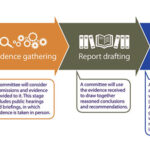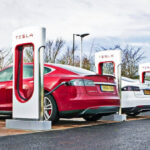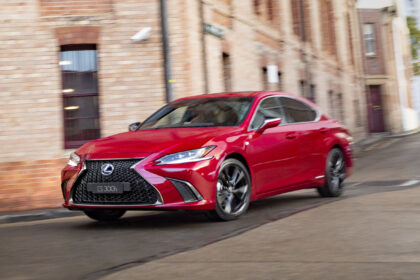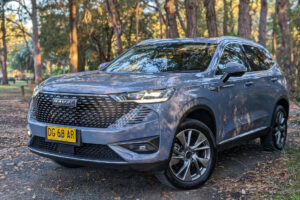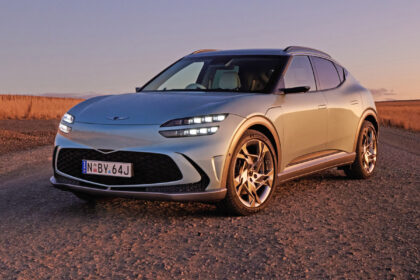With reports that Australia will need a “dramatic shift” to electric cars to meet a call from the United Nations to slash greenhouse gas emissions by 2030, the Electric Vehicle Council is calling on the federal government to urgently introduce policies to accelerate the nation’s transition to zero-exhaust vehicles.
A new analysis shows the federal government will have to deepen its carbon cuts to 47 per cent by 2030 to meet the goal set on Tuesday for nations attending a UN climate summit. With transport is the third largest source of Australia’s total carbon emissions, a rapid shift to EVs will be necessary to drive the change required.
EVC chief executive Behyad Jafari said there were a range of proven measures the federal government could take to drive the change it needed.
“Accelerating Australia’s inevitable transition to superior electric vehicles is the most straightforward way the federal government can act now to drive down emissions. All it needs to do is look at our friends around the world and follow suit,” Mr Jafari said.
“Given the average lifespan of cars, net zero by 2050 means all cars sold will need to be zero-emissions no later than 2035. We are nowhere near on track for that currently. But we know what we have to do, because the rest of the world is doing it.
“The obvious place for Australia to start is to introduce long-overdue fuel efficiency standards, like the ones the US and the EU have had for decades. As things stand global car makers have little incentive to bring their most popular and affordable EV models to Australia, because it makes more sense to promote them in American and European markets.
“Australia is among the few developed countries on earth where it makes no difference to a car maker whether they sell a dirty, high-emission car or a zero-exhaust alternative. As a result we’re now a global dumping ground for high-exhaust vehicles that can’t be shifted elsewhere.
“The next obvious change would be to offer clear incentives to consumers to select an EV instead of a carbon-emitting alternative. There’s a range of ways the government could approach this, from direct subsidies, to cash-back schemes, to tax reduction.
“The federal government could also do much to encourage uptake by boosting the roll out of public charging infrastructure and introducing policies to ensure charging options are available in every home.
“If the federal government changes course and gets behind EVs now, we won’t just drive down emissions, we’ll encourage huge investment in our EV sector. There is no reason Australia cannot be an important part of the EV global supply chain, but we need a strong local market to spur that investment on.”




